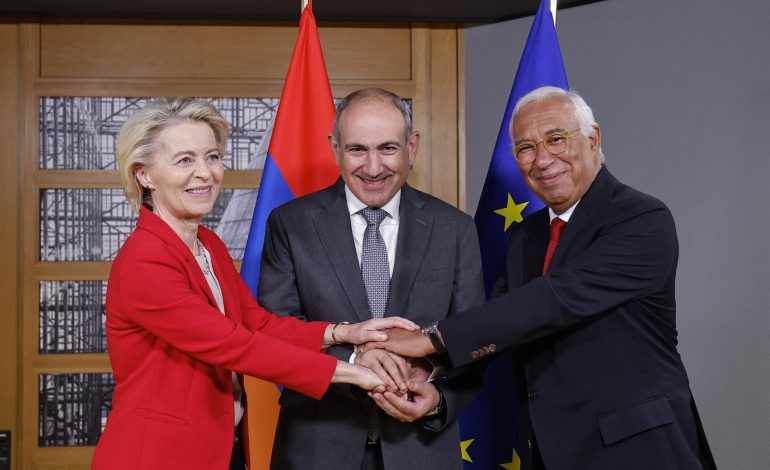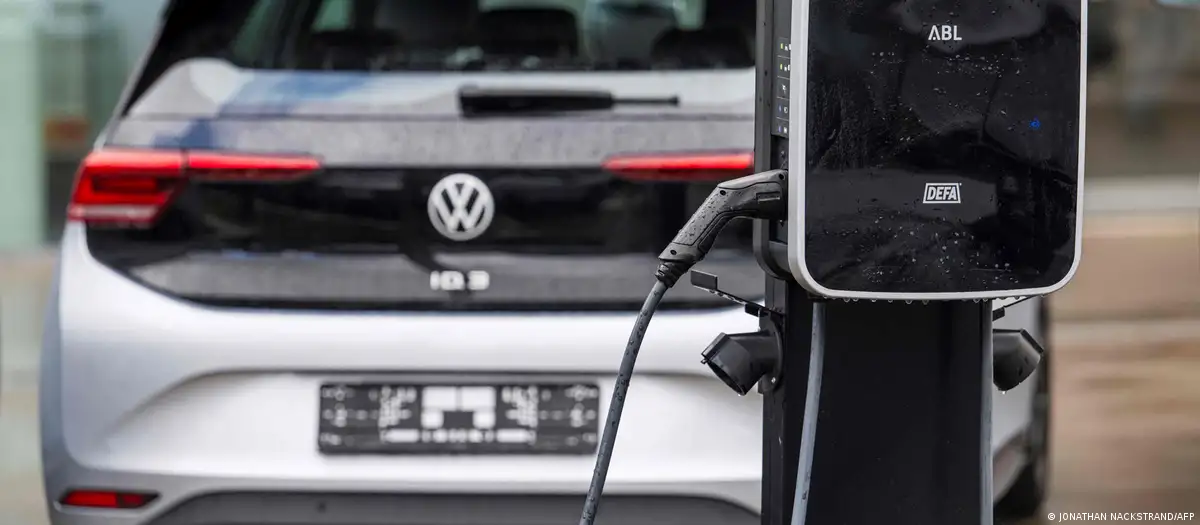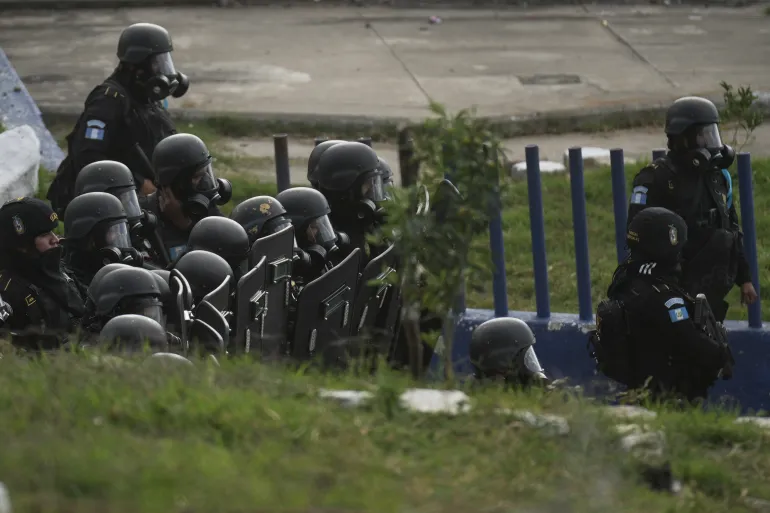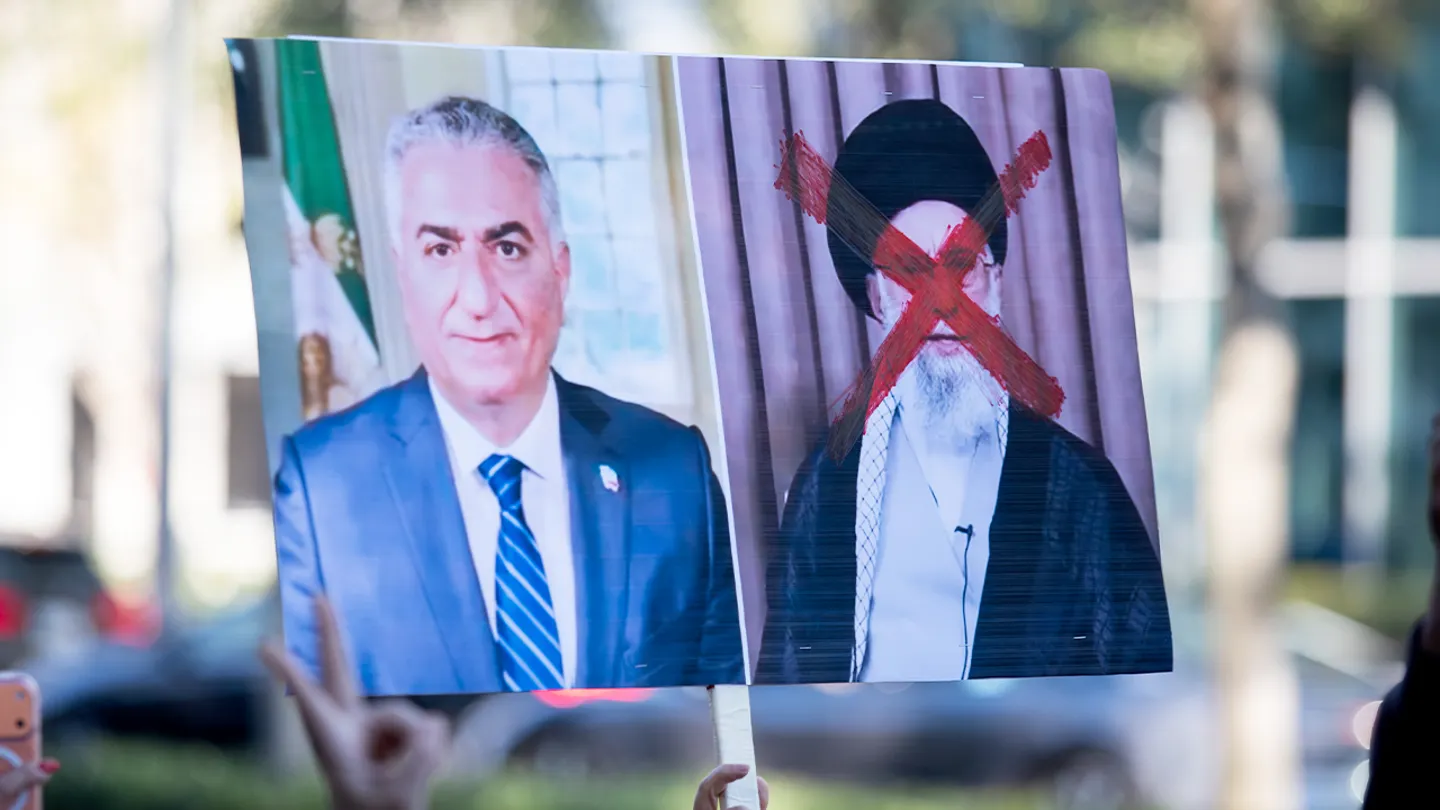Armenia Balances East and West as EU Presses for Peace with Azerbaijan

On July 14, Armenian Prime Minister Nikol Pashinyan visited Brussels for high-level meetings with EU officials.
EU Council President António Costa, EU Commission President Ursula von der Leyen, EU Enlargement Commissioner Marta Kos, and Belgian Prime Minister Bart De Wever attended the meeting.
“The EU and Armenia have never been as close as we are now. Earlier this year, you adopted a law to launch the EU accession process. We very much welcome your readiness to deepen our partnership,” said High Representative/Vice-President Kaja Kallas.
The trip aimed to deepen EU-Armenia ties, especially in light of recent tensions with Russia.
Armenia continues to walk a diplomatic tightrope, signaling closer alignment with the EU while remaining economically tied to Russia through the Eurasian Economic Union (EAEU).
Despite signing a military cooperation pact with the EU and US in April 2024, Armenia has not clearly shifted away from Russia. Though the Pashinyan administration has made significant steps in that direction after the loss of Nagorno-Karabakh to Azerbaijani forces in 2023.
Pashinyan’s term has been engulfed in domestic turmoil. The president accused opposition figures—including former presidents and clergy—of plotting a coup attempt, suggesting an effort to destabilize Armenia’s Western pivot.
EU foreign policy chief Kaja Kallas recently visited Yerevan, pledging €270 million in aid through 2027. While praising Armenia’s desire for deeper ties, Kallas avoided any mention of EU membership, reinforcing that full integration remains off the table for now. Analysts suggest that the EU sees Armenia more as a regional counterbalance to Russia than as a future member state.
A major focus of the Brussels visit was pushing forward the peace process with Azerbaijan. Both EU officials and the Council of Europe have urged quick finalization and ratification of a peace agreement following a recent meeting between Pashinyan and Azerbaijani President Ilham Aliyev in Abu Dhabi.
“The EU welcomes the meeting between the leaders of Armenia and Azerbaijan in Abu Dhabi on 10 July. We encourage both sides to proceed with the signing and ratification of the draft peace agreement as soon as possible. The EU stands ready to provide additional support and expertise, should the sides request it,” said Anitta Hipper, the EU spokesperson for Foreign Affairs and Security Policy.
The EU says it stands ready to assist, though Brussels’ influence is mostly financial, not strategic.
Azerbaijan has set conditions for finalizing the treaty, which Armenia must meet—suggesting pressure may shift from Baku to Yerevan.
Armenia’s foreign policy remains noncommittal: leaning West for aid and tech but cautious of fully alienating Moscow. The EU’s influence in the South Caucasus continues to grow, with financial support taking over formal promises of accession.
With input from Matanat Nasibova at Aze.media.









The latest news in your social feeds
Subscribe to our social media platforms to stay tuned